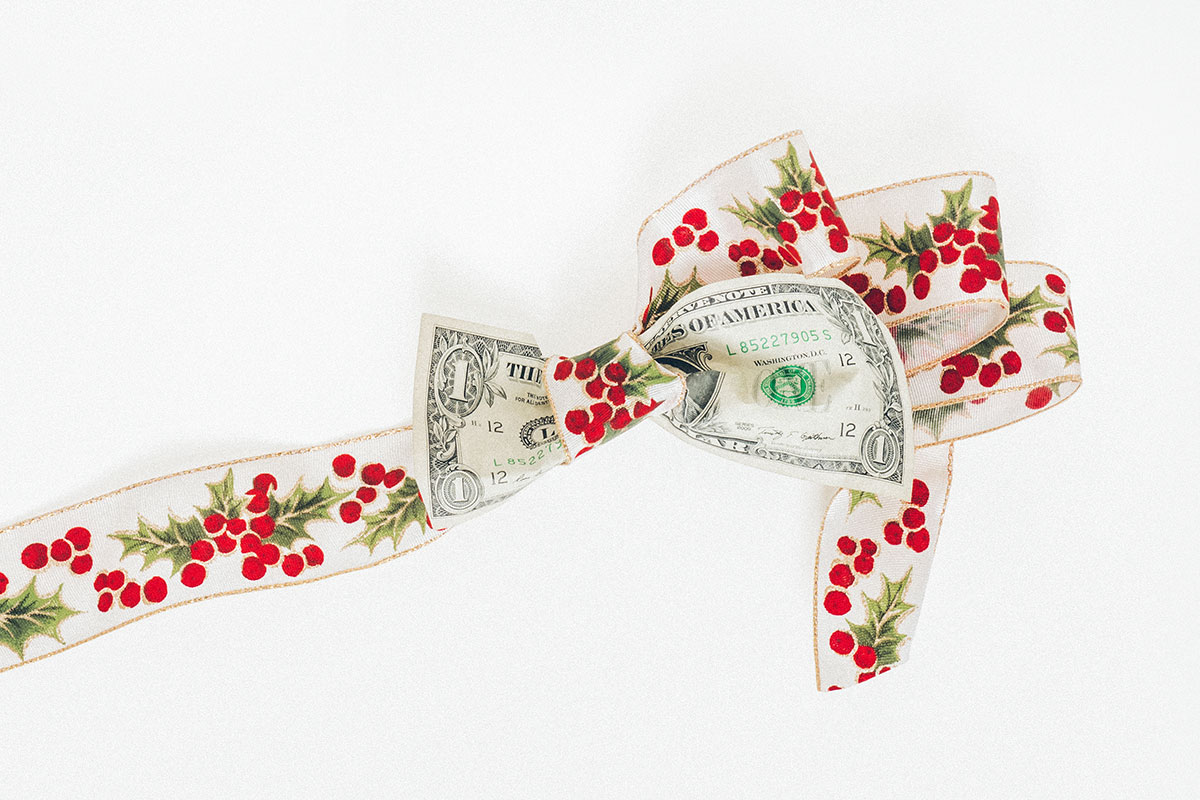
8 Ways to Improve Your Credit Card Habits
Written by Sharon Cook
Originally appeared in LDS Living Magazine, Nov/Dec 2018
I have several credit cards. I use them every day. Like most people, I have a love/hate relationship with them—they’re easy to use and provide convenient spending tracking, but the interest rates, fees and policies can sometimes be confusing! If you're not careful, you can easily pick up unhealthy credit card habits. Buying things you can't afford or only paying the minimum payment each month, for example, can lower your credit score and possibly put you deeper in debt.
Credit cards are not going away anytime soon, and the best way to protect your money and personal information is to improve the way you use them. Start today with these healthy credit card habits:
-
Read the fine print This is where all the rules are spelled out. Resist the urge to scroll past this information and hit “I Agree.” Instead, take a few moments to understand the terms and conditions you’re getting into. Look for the following:
- Annual percentage rate (APR)
- Fees
- Balance transfer instructions
- Sign-up bonus guidelines
- Rewards program rules (eligible purchases, caps, redemption minimums, forfeiting rewards, etc.)
- Cardholder agreements
Not taking the time to read and understand this important information can result in more money out of your pocket.
-
Use it … responsibly!
One of the worst things you can do is get a new credit card and let it sit in your wallet. The longer it sits, the greater the chance the issuer could close your account due to inactivity. Why? Because they make more money when you use it. If you’re hesitant, use it just for gas or a small recurring payment.Or, try setting a credit card budget and checking your spending each week to make sure you're sticking to it. A good starting point for a budget is an amount less than 30% of your credit card limit. Maintaining this level, or lower, benefits your credit score.
-
Pay on time
Late payments not only drastically lower your credit score but they also result in unnecessary fees. Sign up for email or text reminders for payment due dates or set up automatic payments to assure that at least the minimum payment is paid on time.Another best credit card practice to help you pay on time is choosing the payment date that works best for you. Maybe that means setting your due date to the first of the month before you've spent all your money, or selecting it to be right after payday.
-
Pay more than the minimum
If you’re trying to pay off credit card debt, paying only the minimum due isn’t going to get your there. Remember, the interest rate on your unpaid balance is accruing every month. According to creditcards.com, as of September 11, 2019, the average credit card interest rate is 17.61%. All that interest you're accruing makes everything you purchase even more expensive. That means all those great shopping deals you found last week were not really that great if you can't pay off each purchase in full when your credit card bill arrives. -
Keep an eye on your balance
You may decide to enroll in autopay, but that doesn't mean you don't need to check your credit card balance regularly. It's a healthy credit card habit to review your balance monthly, if not weekly. Why? Because it's a good way to quickly recognize fraudulent activity or being overcharged for something. Your utilization rate (total debt balance compared to total available credit) also plays a major role in your credit score. Aiming for a rate of 30% or less will keep your credit score higher.So, if you haven't already, download your credit card provider's mobile app. It will make it easy for you to check your balance often.
-
Don’t spend just to earn rewards
Responsible and savvy credit card users reap tons of free credit card benefits from everyday spending, like security and travel perks and, you guessed it, rewards points. Buying things you don’t need just to rack up the rewards points isn’t very budget-conscious. Find a credit card that's best for you—one that really works with your spending habits—and, before adding something to your cart, consider why you’re buying it and if you truly need it. -
Stay away from cash advances
If you’re strapped for cash, your credit cards aren’t the best place to turn. Interest rates on cash advances are astronomical, and typically companies charge interest on them immediately. You'll also have to pay a fee any time you use your credit card to get a cash advance. Consider other options before hitting the ATM because this is one unhealthy credit card habit you don't want to start. -
Read your statements every month
This is where you’ll be notified of changes in interest rates or fees and, more importantly, where you can review the charges. Check your accounts regularly and know the details on each of your cards. That means don't just pay your balance when you receive the monthly statement. Review your balance and payment information, and then double-check all your credit card account activity. You don't want to be paying for unauthorized purchases or human billing errors, do you?
Following these healthy credit card habits will not only help protect your money and personal information, but it will also lead to a good or excellent credit core and a healthy credit history.
Whether you're looking to get your first credit card or a new rewards card, learn more about applying for a credit card today with the helpful and knowledgeable professionals at Mountain America Credit Union.
Sharon Cook is a wife, a mother and the Chief Marketing Officer/SVP of Mountain America Credit Union, where she oversees the marketing, PR, social and web departments. She has dedicated her life to helping people make smart decisions, whether financial, professional or personal. "It's why I love all of my roles," says Sharon. You can reach her at scook@macu.com. For help with financial needs, call 1-800-748-4302 and a Mountain America representative will assist you.
Sources
1FINRA Financial Capability in the United States, 2016
22017 Trends in Consumer Mobility Report
3Fiserv 8th Annual Billing House Survey, 2016
4CreditCards.com
Related Articles

How to Pay Off Your Credit Card Debt In 2019

